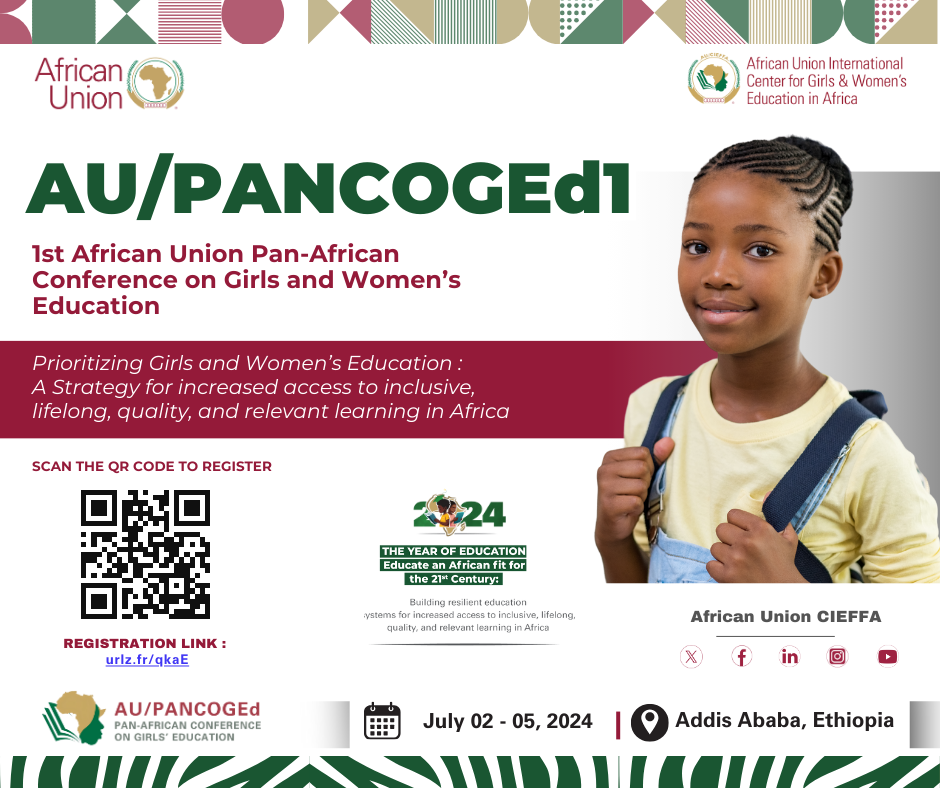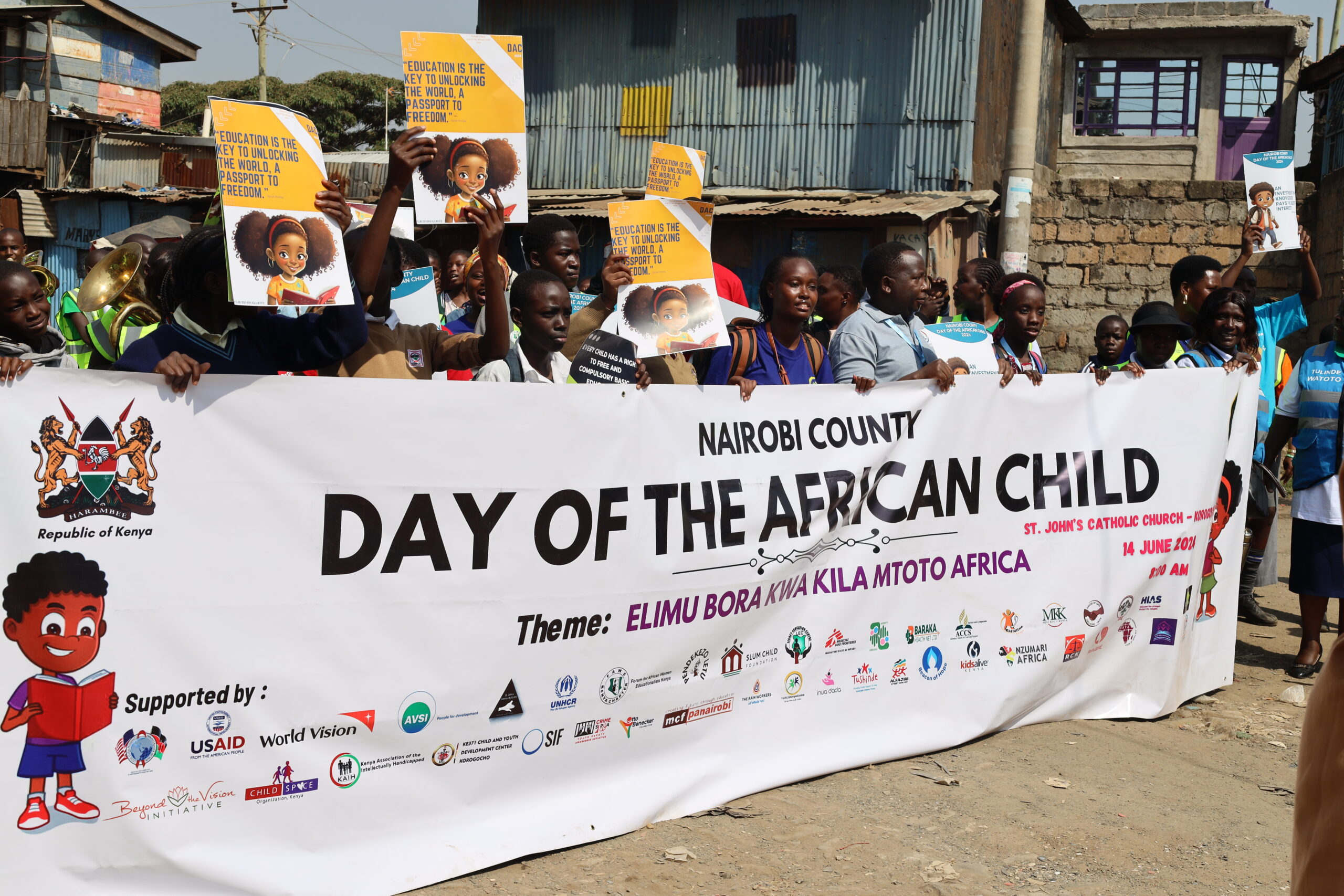By Beverly Mumbo
The International Women’s Day is marked annually on 8th March. This year’s theme is dubbed, “DigitALL: Innovation and technology for gender equality”. The theme allows for discourse that will explore the impact of the digital gender gap on widening economic and social inequalities.
Kenya can pride itself in having sufficient infrastructure that allows most of its citizens including learners to have access to internet and to actively interact with technology. While having made great strides in promoting digital advancements in provision of technological infrastructure, the GSMA Mobile Gender Gap Report of 2019 reports, that “women in Kenya are 39% less likely than men to have access to mobile internet” and “are also 23% less likely to own a smartphone.” Further, a 2021 study titled “Kenya’s Digital Economy: A People’s Perspective,” also found that only “35% of women use advanced digital services compared to 54% of men.”
The utilization of innovation and technology in education was fully tested in Kenya during the COVID-19 pandemic. In 2020, most learning institutions migrated to online learning and demonstrated that learning does not have to be confined to a classroom. While the migration experienced some teething problems, learning institutions were forced to adapt and some have maintained this mode of learning. However, learners living in informal settlements and in rural areas were disproportionately affected due as they have limited access to internet and even electricity.
To cater to all learners, educators had to become innovative and utilizing technology other than the internet in learning. Schools especially those in rural and informal settlements utilized radio and television programming to ensure continuity in learning. Adaptation of these various mode of access to education using technology has increased access to education for girls. This is because learning has adopted a self-paced model which allows girls, especially those in rural areas to continue with their education and reduced the likelihood of being drawn into harmful traditional practices such as early marriage and female genital mutilation.
Understanding that an inclusive and transformative technology and digital education is crucial for a sustainable future, it is prudent for governments and education stakeholders to explore ways in which technology can be safely utilized to ensure that women have equal access and utilize it as a tool for education.
Institutions such as the Forum for African Women Educationalists (FAWE) having appreciated the importance of utilizing technology to ensure continuity in learning has developed digital education content for both learners and teachers to ensure access to quality education. Having such platforms enables women and girls to not only interact with educational material but also develop an interest in science, technology, engineering, and mathematics (STEM) subjects and resultantly take on careers in these fields. Bringing women into technology results in more creative solutions and has greater potential for innovations that meet women’s needs and promote gender equality.






Leave A Comment